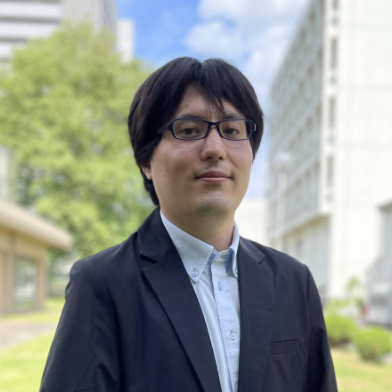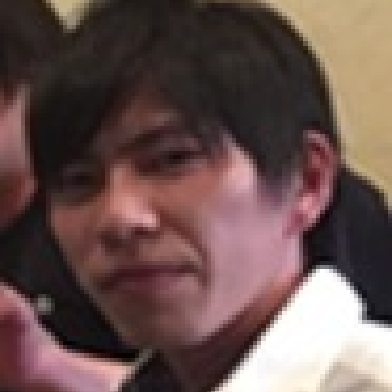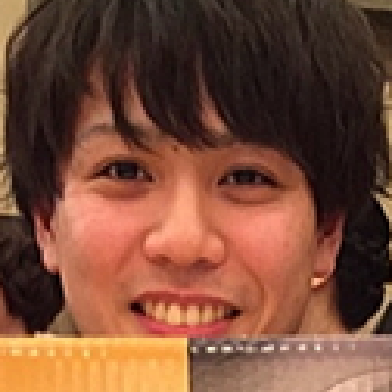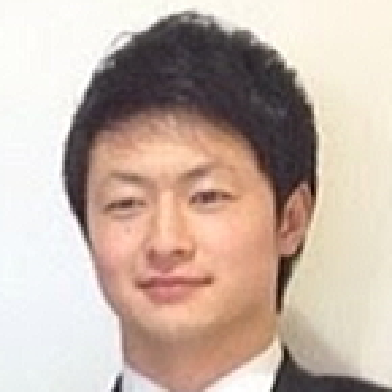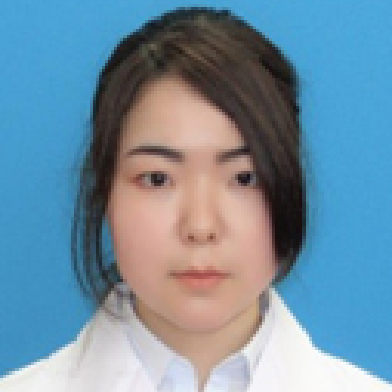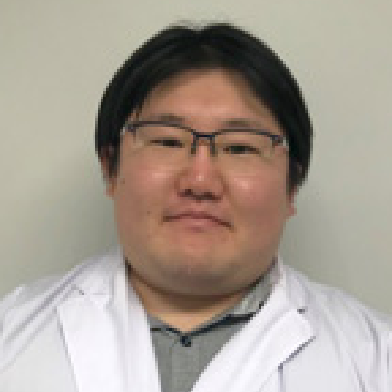
Name: Ryutaro Ikeda
Graduation year: 2017 (Master course)
Current affiliation: Radiotherapy Department, Ishinomaki Red Cross Hospital
―Message to juniors that can be conveyed now that I have completed the master’s course―
I graduated from the Department of Radiological Technology and Science at Ibaraki Prefectural University of Health Sciences in March 2016 and enrolled in this laboratory as a master’s course in April of the same year. I learned about this laboratory when I received advice from a professor at Ibaraki Prefectural University of Health Sciences that “if you really want to aim to be a medical physicist, it is better to choose this laboratory.” After enrolling, I received strict but polite guidance from Dr. Kadoya and was able to learn not only research but also how medical physicists should think and act in clinical practice through practical training. I have supported each other in various ways by discussing research with my colleagues and sometimes going out to eat together. Thanks to Assistant Professor Kadoya’s passionate guidance and the presence of my colleagues, I was able to pass the medical physicist exam safely and complete the master’s course. After completing the master’s course, I am enrolled in the doctoral course of this laboratory while working at Ishinomaki Red Cross Hospital. Every time I use the knowledge and skills cultivated in this laboratory in clinical practice, I feel that “I’m glad I learned medical physics in this laboratory.” I think that I was able to acquire both the “research ability” and “clinical ability” necessary for medical physicists in this laboratory. If you are serious about becoming a medical physicist, why don’t you try learning medical physics at this laboratory?
―Current job―
I am currently working as a medical physicist in the Radiotherapy Department of Ishinomaki Red Cross Hospital. Our basic duties include defining the contour of risk organs for planning CT scans, confirming treatment plans created by doctors, creating high-precision radiotherapy plans (IMRT and SRT), and QA/QC of treatment machines (linear accelerators and planning CT equipment). Of course, it is important to perform these routine duties, but I also believe that it is important for medical physicists to always obtain the latest knowledge and feed it back to clinical practice. To apply new content to clinical practice, it is necessary to collaborate with doctors, radiation technologists, nurses, medical office staff, etc. Sometimes we may clash with colleagues or superiors due to differences of opinion, but I believe that it is necessary to provide better treatment at lower cost to patients. Medical physicists work from a physical perspective on radiation therapy operations to provide patients with safe and better treatment. It is a difficult job to always touch on the latest knowledge and apply it to clinical practice, but I think it is a very rewarding job.

